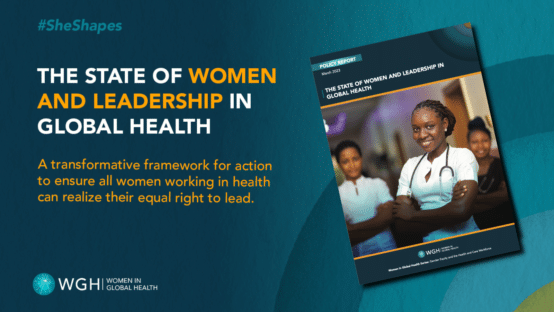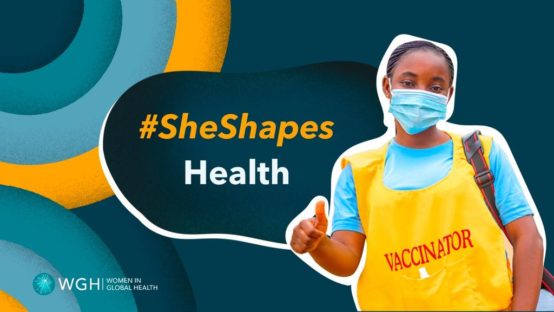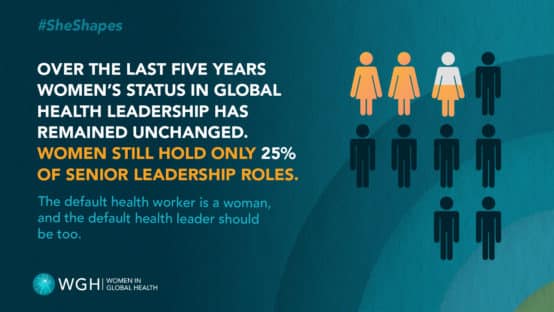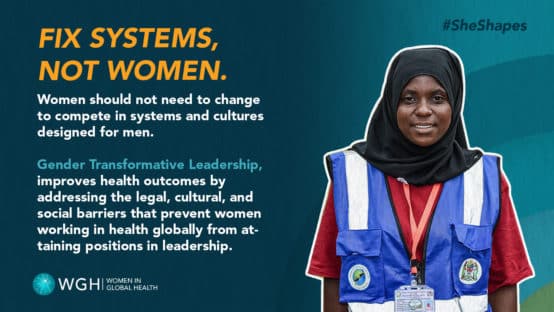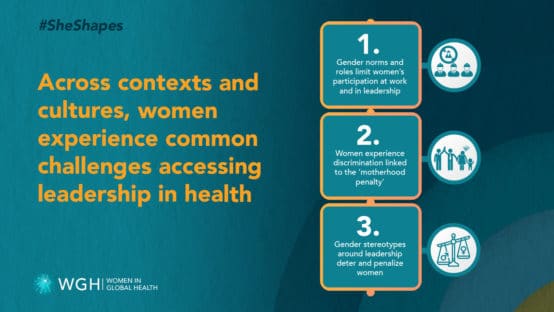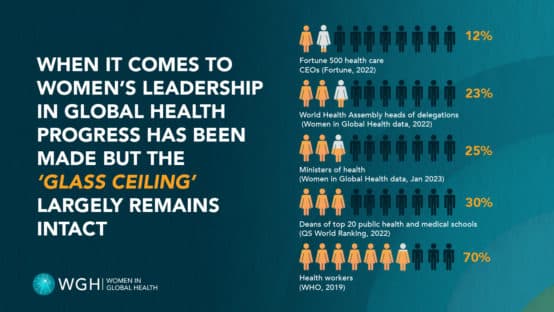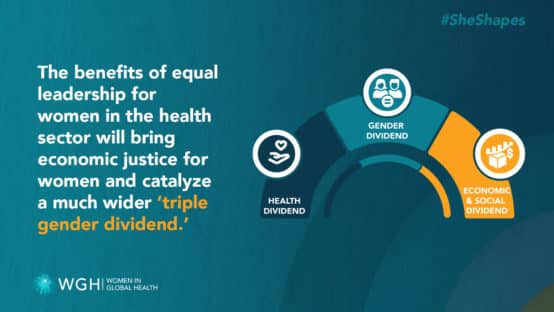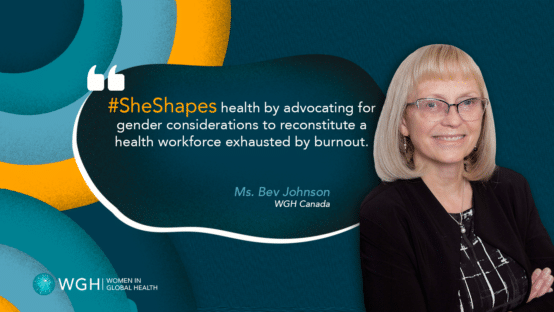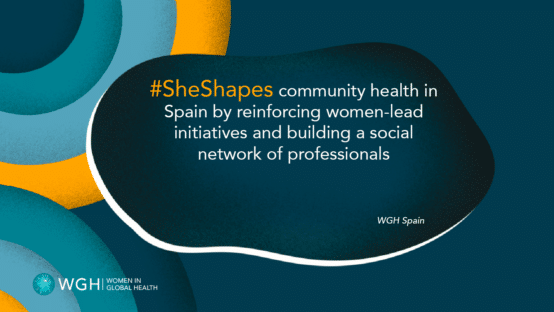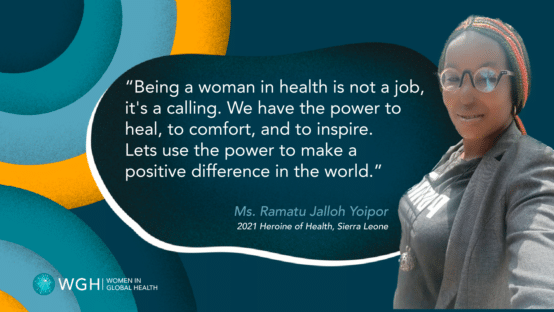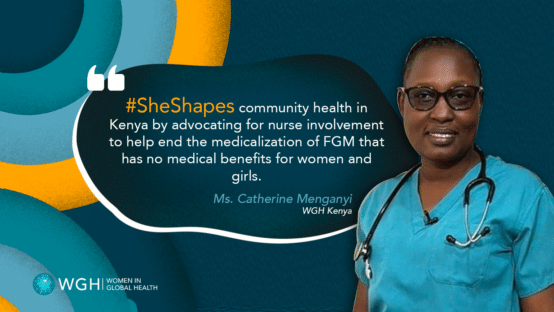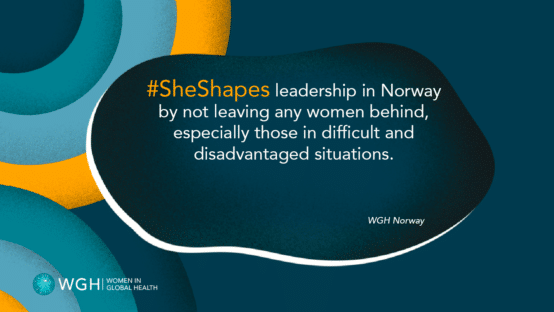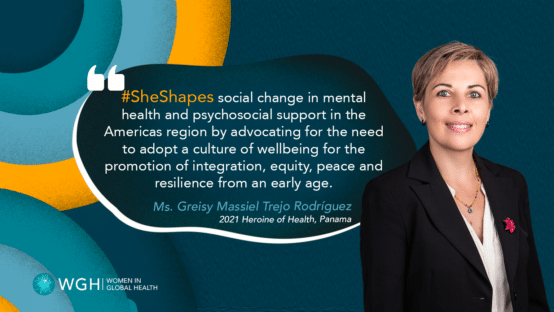#SheShapes: The State of Women and Leadership in Global Health
Today, women hold around 70% of health worker jobs globally, over 80% of nursing and midwifery roles. Women’s work – paid and unpaid – forms the essential foundation for health, well-being and delivery of health systems.
Despite the contribution women make to health systems and supporting the realization of health for all, women hold only 25% of senior leadership roles in the sector. If leadership roles were allocated on merit then, since women are 70% of health workers, 70% of health sector leaders would be women. This is the opposite of the current situation where men hold 75% of leadership roles but are only 30% of health workers.
This gendered leadership gap is what we examine in this report, drawing both on global data and country case studies from India, Nigeria and Kenya.
Download report

About the report
Women in Global Health undertook this research on the state of women’s leadership and global health to assess the pace of change at global level, the impact of the pandemic and inform our recommendations with country experiences from India, Kenya and Nigeria.
KEY FINDINGS
- Women remain a minority in global health leadership: progress has stalled
- Women lost ground in health leadership during the COVID-19 pandemic
- Applying an intersectional lens shows some groups of women are most excluded from health leadership
- Across contexts and cultures, women experience common challenges accessing leadership in health
- Governments have made global commitments to gender equality in decision-making but these will only drive change when implemented
- Gender equal leadership at national level will feed female talent into global health leadership
- Women know what they need to access health leadership
- Women in health are shaping leadership
RECOMMENDATIONS
- Enable diverse women to lead
- Fast track actions to redress gender inequality in global health leadership
- Increase the visibility of women working in health
- Mobilize men to lean out and step up as allies, and end ‘male bonus syndrome’
- End the ‘default man’ bias; prioritize implementation of and accountability for policies that support women’s lives
- Support women’s movements to accelerate collective action
- Deepen understanding and the evidence base for policy with more research and data
Join us to amplify the report

The XX Paradox: The State of Women’s Leadership in Health
Join us on Thursday, March 16 2023 at 08:00 – 09:15 EST when, against the backdrop of the 67th Commission on the Status of Women, Women in Global Health will be launching our new flagship publication: The State of Women and Leadership in Global Health. This virtual event will present evidence on the position of women in global health and new research on women’s leadership in health from Women in Global Health Chapters in Kenya, Nigeria and India. This event will bring health leaders together to discuss the actions needed to transform the current status quo so women from all backgrounds can play their part in shaping the future of health for all.


